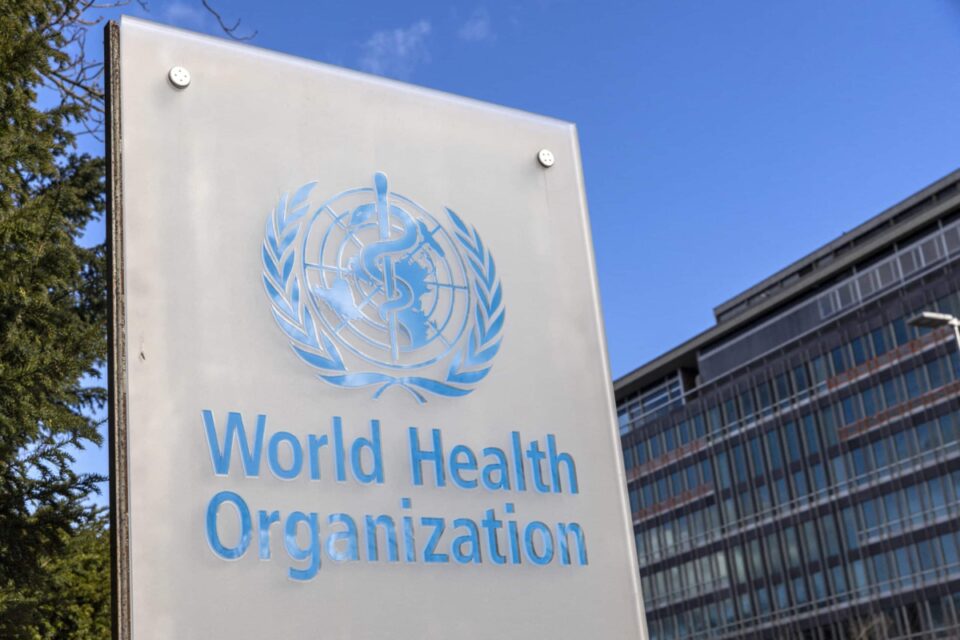LONDON, March 1 — More than a billion people globally are now considered obese, a condition linked to an increased risk of numerous serious health problems, according to updated estimates from the World Health Organization and an international group of researchers.
Obesity is so prevalent it has become more common than being underweight in most nations, including many low- and-middle income countries that have previously struggled with undernourishment.
“A staggering number of people are living with obesity,” said Majid Ezzati, senior author of the paper published in The Lancet on Thursday and a professor at Imperial College London.
The findings, considered among the most authoritative of independent estimates, are based on data from more than 220 million people in more than 190 countries.
While obesity rates are plateauing in many wealthier countries, they are rising rapidly elsewhere, Majid added. And while being underweight is becoming less common globally, in many countries it remains a significant issue, leaving increasing numbers of countries facing what is known as the “double burden” of malnutrition.
“In the past, we have been thinking of obesity as a problem of the rich. Obesity is a problem of the world,” said Francesco Branca, head of nutrition at the WHO, in a press conference.
Obesity rates for adults more than doubled between 1990 and 2022, and more than quadrupled among children and adolescents aged 5 to 19, the paper said.
Ezzati called the rise in obesity rates among children “very concerning”, mirroring a trajectory seen with adults since even before 1990. At the same time, he said, hundreds of millions still do not have enough to eat.
The rise in the double-burden has been greatest in some low- and middle-income countries, the paper said, including parts of the Caribbean and the Middle East.
WHO director-general Dr Tedros Adhanom Ghebreyesus said implementing measures such as taxes on high sugar products and promoting healthy school meals were needed to help tackle obesity rates.
“Importantly, it requires the cooperation of the private sector, which must be accountable for the health impacts of their products,” he added.
— Reuters





